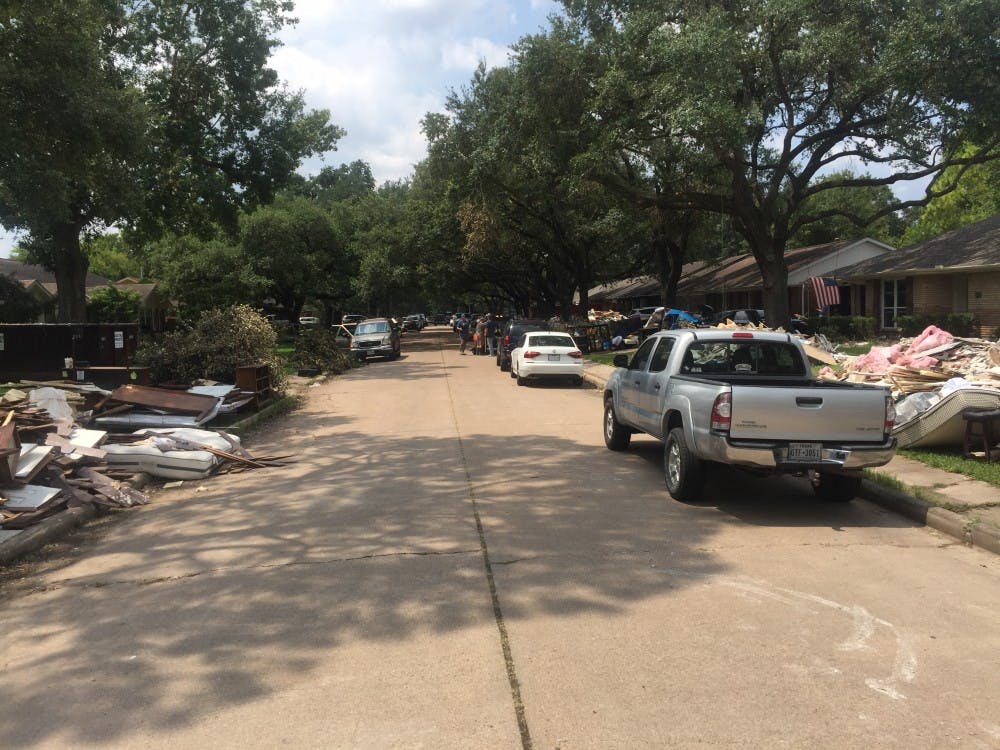In the wake of Hurricane Harvey, North Carolina continues to feel the effects of Hurricane Matthew.
Hurricane season runs annually from June 1 to Dec. 1, when the ocean water is warmer and weather is more conducive for hurricanes to form. The National Hurricane Center issued a tropical storm warning for North Carolina's coast Aug. 28.
This process started in the Caribbean, came through the bottom corner of the Gulf of Mexico and then shifted rapidly from a tropical storm into Hurricane Harvey.
Rick Luettich, director for UNC’s Institute for Marine Sciences, said North Carolina's tropical storm warning was completely separate from Hurricane Harvey and this is typical activity during hurricane season.
Luettich said any community hit by a natural disaster on this scale has to rebuild infrastructure to be stable and smarter than older ones.
“We try to discourage people from just building back the way they were before because then it encourages the same thing to happen again,” he said.
Emma Macadam, a UNC junior, said her cousin and his family, including his three young children, are staying with a host family this week because the damages to their home in Texas made it unlivable.
“Their whole first floor up to their kitchen counter was flooded so they lost the whole structure of the house," Macadam said. "And the sad part is they just closed on the house a month ago."
Luettich said there is a part of North Carolina where communities rebuilding from Hurricane Matthew damage are working to develop more green spaces that could potentially soak up water in future severe storms and are pushing people to build up in higher elevations.



